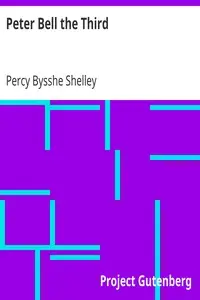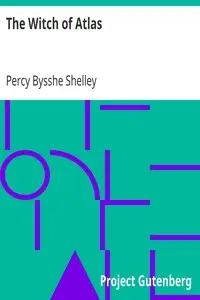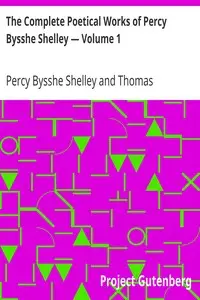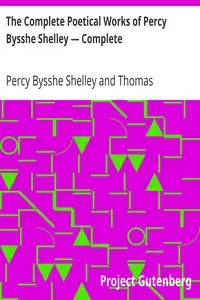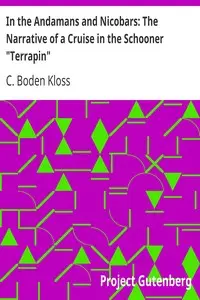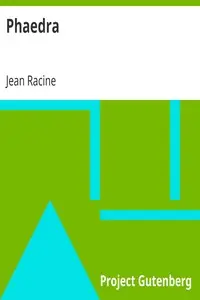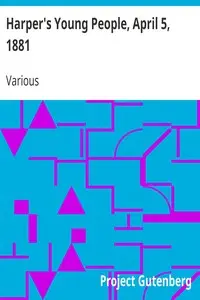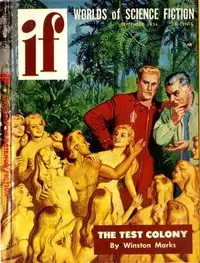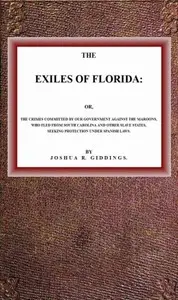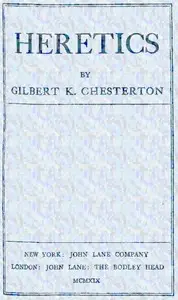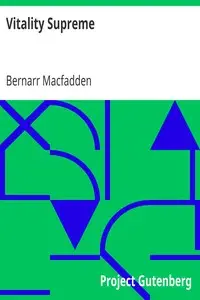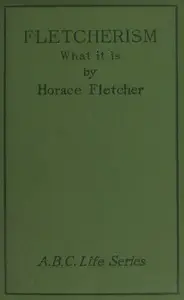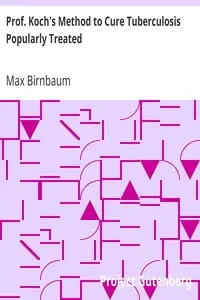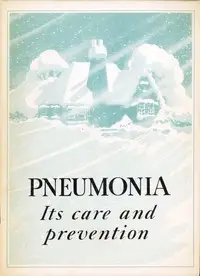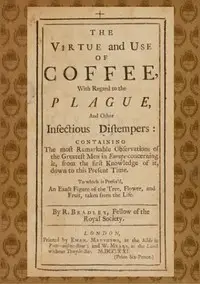"A Vindication of Natural Diet" by Percy Bysshe Shelley is a philosophical pamphlet written in the early 19th century, specifically during the romantic period. This book provides an argument advocating for a vegetarian diet, suggesting it is the most natural and morally preferable choice for humanity. The work is not only a personal reflection of Shelley's dietary choices at the time but also a broader commentary on health, morality, and social reform. In this pamphlet, Shelley argues that the decline of man's physical and moral nature correlates with the introduction of unnatural dietary habits, particularly the consumption of animal flesh. He presents a critique of civilization's reliance on meat and fermented beverages, claiming that such practices give rise to various diseases and societal ills. Through comparative anatomy, he posits that human beings are anatomically suited for a plant-based diet and supports his arguments with anecdotal evidence, historical references, and the health benefits he and others have reportedly experienced while adopting a vegetarian lifestyle. Shelley’s eloquent prose merges scientific observations with philosophical ideals, ultimately calling for a reform in dietary practices as a means of fostering individual well-being and broader societal change. (This is an automatically generated summary.)
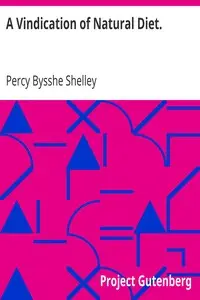
A Vindication of Natural Diet.
By Percy Bysshe Shelley
"A Vindication of Natural Diet" by Percy Bysshe Shelley is a philosophical pamphlet written in the early 19th century, specifically during the romanti...
Percy Bysshe Shelley was an English writer who is considered one of the major English Romantic poets. A radical in his poetry as well as in his political and social views, Shelley did not achieve fame during his lifetime, but recognition of his achievements in poetry grew steadily following his death, and he became an important influence on subsequent generations of poets, including Robert Browning, Algernon Charles Swinburne, Thomas Hardy, and W. B. Yeats. American literary critic Harold Bloom describes him as "a superb craftsman, a lyric poet without rival, and surely one of the most advanced sceptical intellects ever to write a poem."

